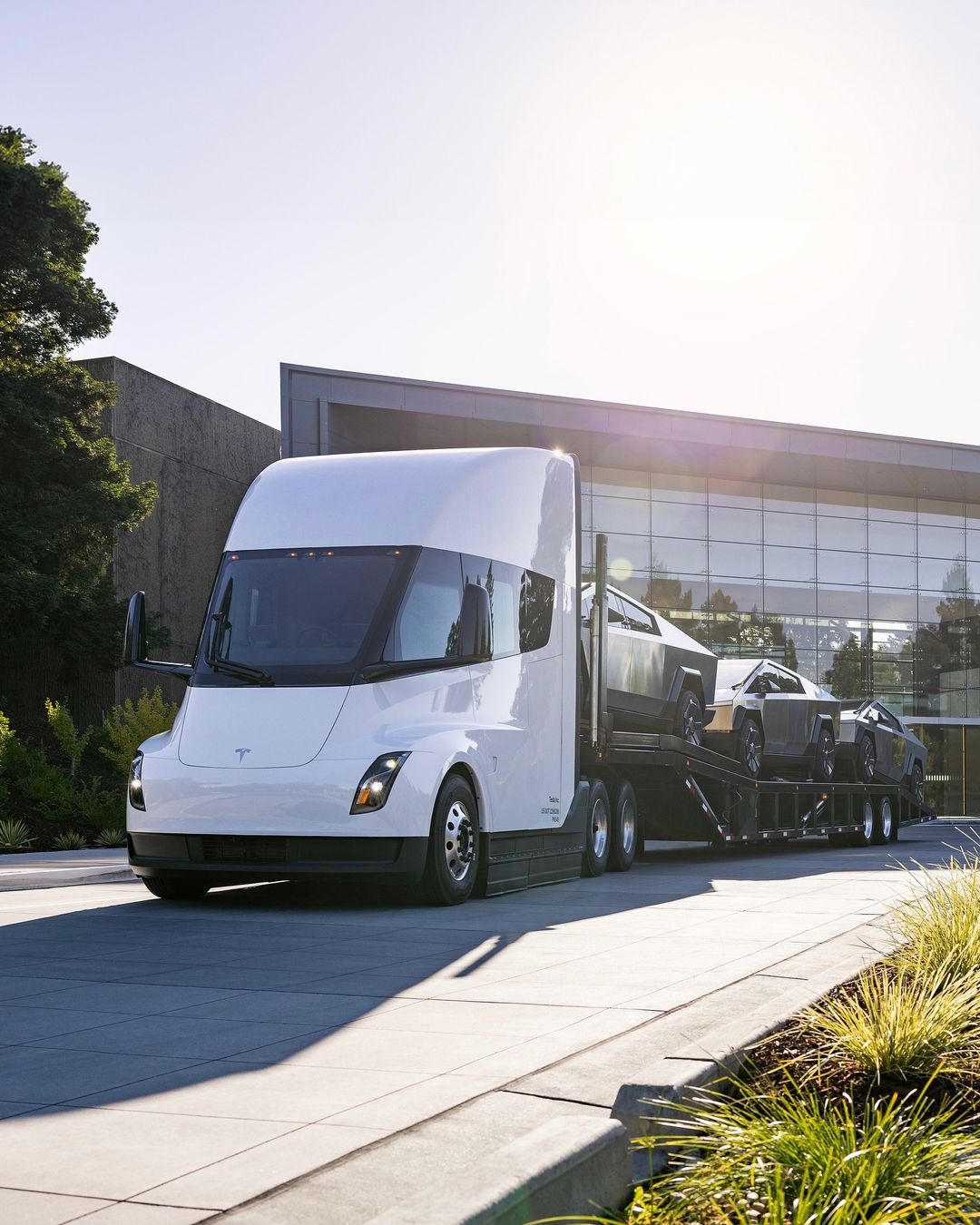
Was it Necessary? Inside the Debate Over Elon Musk’s Tesla Job Cuts
Tesla, the electric carmaker led by CEO Elon Musk, has announced significant layoffs, affecting over 10% of its global workforce, or at least 14,000 roles. This decision comes amidst a challenging period for the company, marked by slowing demand and pressure on prices.
Elon Musk addressed the layoffs in a memo, acknowledging the difficulty of the decision but emphasizing its necessity for Tesla’s future success. He highlighted the rapid growth the company has experienced in recent years, which has led to duplication of roles and functions in certain areas. Musk’s goal is to make Tesla “lean, innovative, and hungry” for the next phase of growth.
The move follows a tough start to the year for Tesla, with the company reporting a fall in deliveries in the first quarter of 2024, missing market expectations by about 13%. Production challenges, including disruptions caused by attacks on shipping and an arson attack on its factory in Berlin, have contributed to the decline. Additionally, Tesla faces stiff competition in key markets like China, where local competitors such as BYD and Xiaomi pose significant challenges.
The Tesla job cuts are seen as a strategic effort to shore up its margins, which have been impacted by repeated price cuts and increased competition. Analysts suggest that the layoffs reflect a broader trend of slowing growth in the electric car market, affecting even industry leaders like Tesla.
While the news of layoffs may raise concerns among investors and stakeholders, some experts view it as a necessary step for Tesla to remain competitive in a rapidly evolving market. Others, however, point to broader issues within the company, including concerns about leadership and brand damage.
Was it Necessary?
Elon Musk’s recent announcement of significant job cuts at Tesla, impacting over 14,000 employees globally, has ignited a firestorm of debate. While some see it as a strategic move to optimize Tesla’s future, others question its necessity and potential consequences.
The Case for Efficiency
- Duplication of Roles: Musk cited streamlining operations and eliminating redundant positions as a key reason for the layoffs. This suggests Tesla might have over-hired during rapid growth, leading to inefficiencies.
- Shoring Up Margins: Tesla faces increasing competition and has implemented price cuts to remain competitive. Job cuts could reduce costs and improve profitability.
- Focus on Innovation: By streamlining the workforce, Tesla might allocate resources more effectively towards research and development, fueling future innovation.
The Concerns and Doubts
- Slowing Demand: Tesla’s recent missed delivery targets and slowing growth raise questions about whether the job cuts are solely about efficiency.
- Employee Morale: Large-scale layoffs can significantly impact employee morale and productivity, potentially hindering innovation and growth.
- Leadership and Brand Image: Some critics view the layoffs as a sign of mismanagement and question Musk’s leadership style. They worry it could damage Tesla’s brand image.
The Road Ahead
Only time will tell whether these job cuts will be necessary for a leaner, more efficient Tesla or a misstep that hinders future growth. Here are some key factors to watch:
- Market Response: The reaction from investors and the electric car market will be crucial to gauge the impact of the layoffs.
- Future Performance: Tesla’s ability to maintain or improve its production and delivery targets will be a key indicator of the success of the job cuts.
- Innovation Pipeline: Can Tesla translate the resources saved from layoffs into meaningful innovation that strengthens its competitive edge?
The debate surrounding Elon Musk’s Tesla job cuts is complex, with valid arguments. As the story unfolds, seeing how these decisions impact Tesla’s future and the broader electric car industry will be interesting.

Comments are closed.